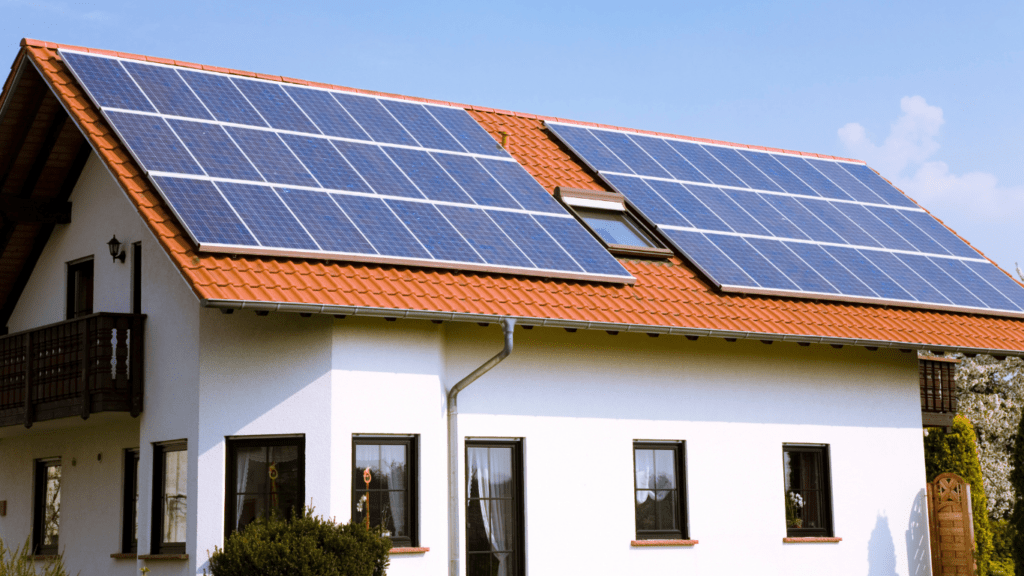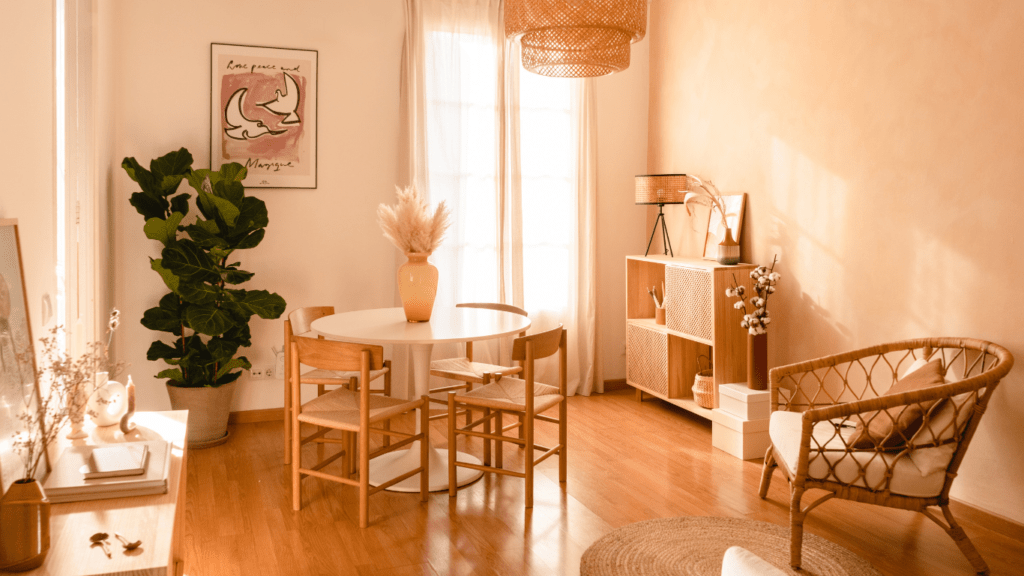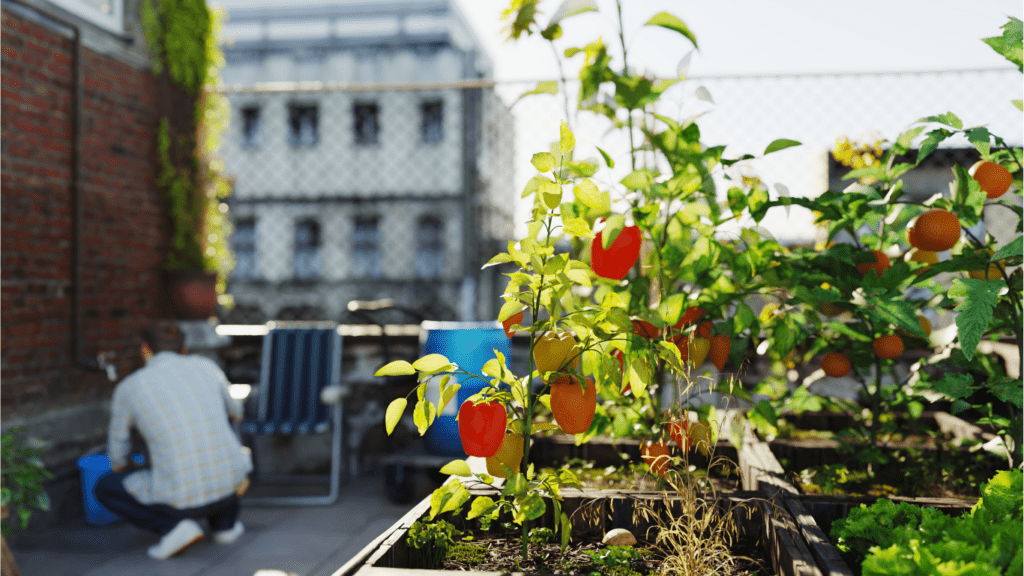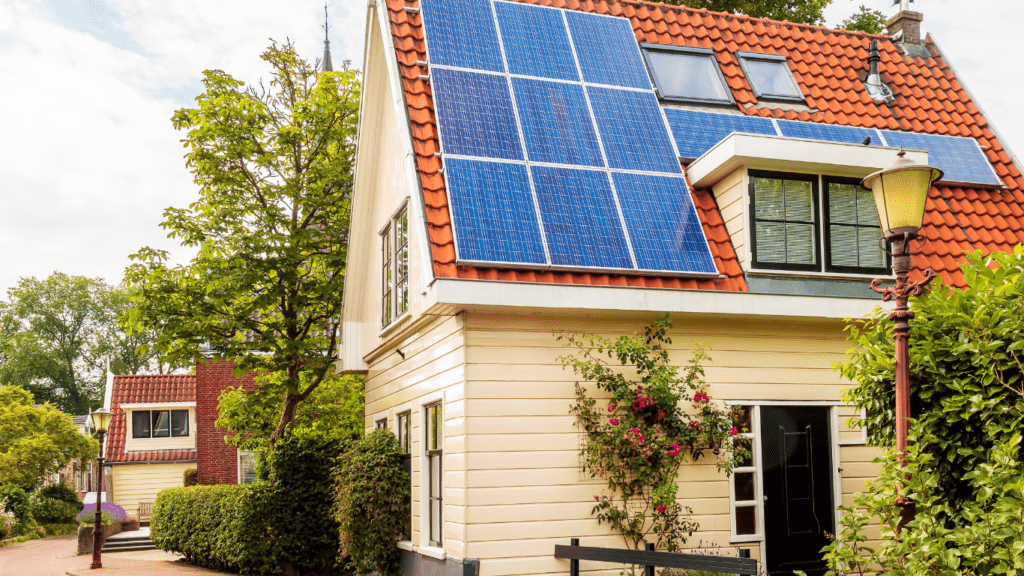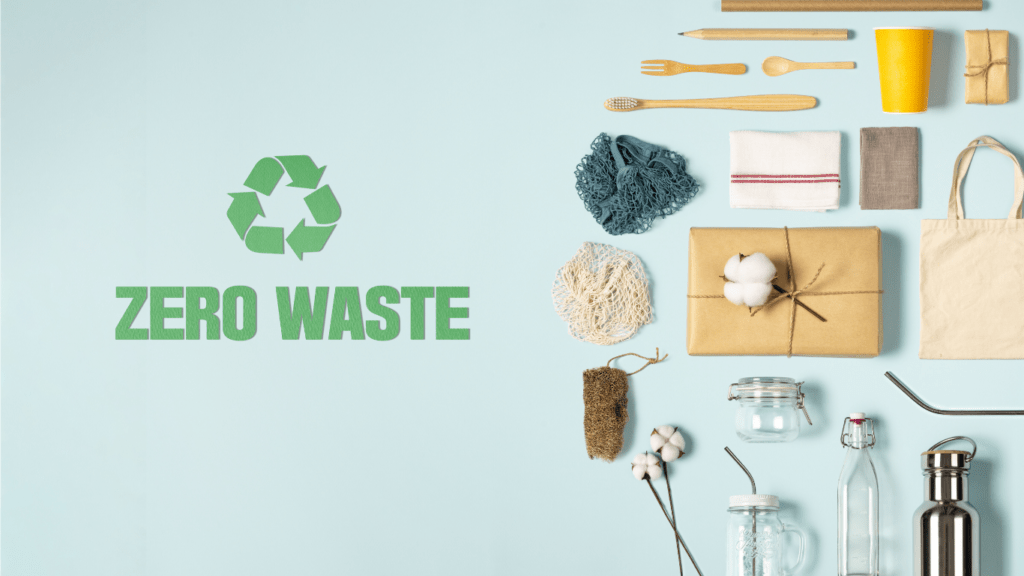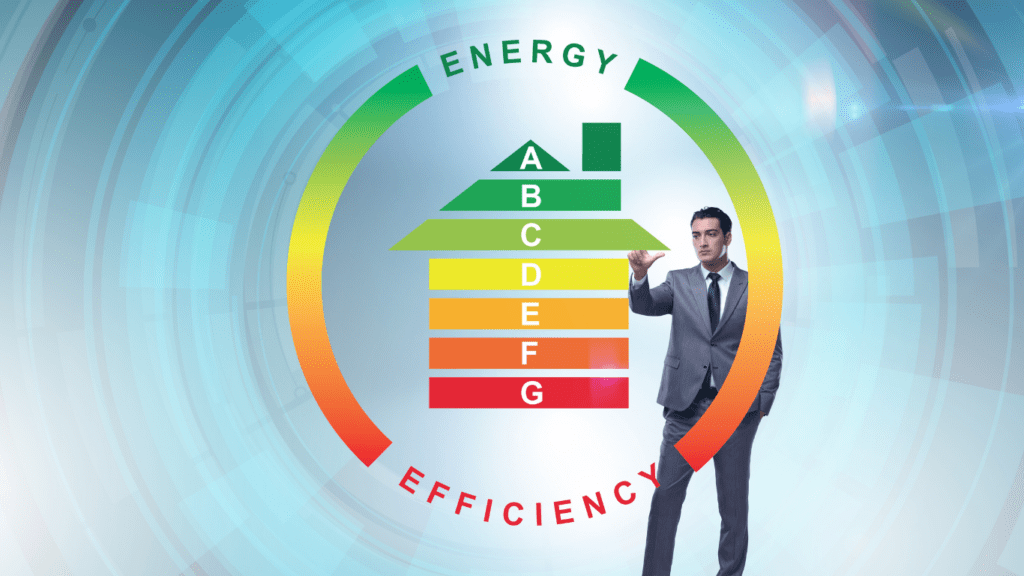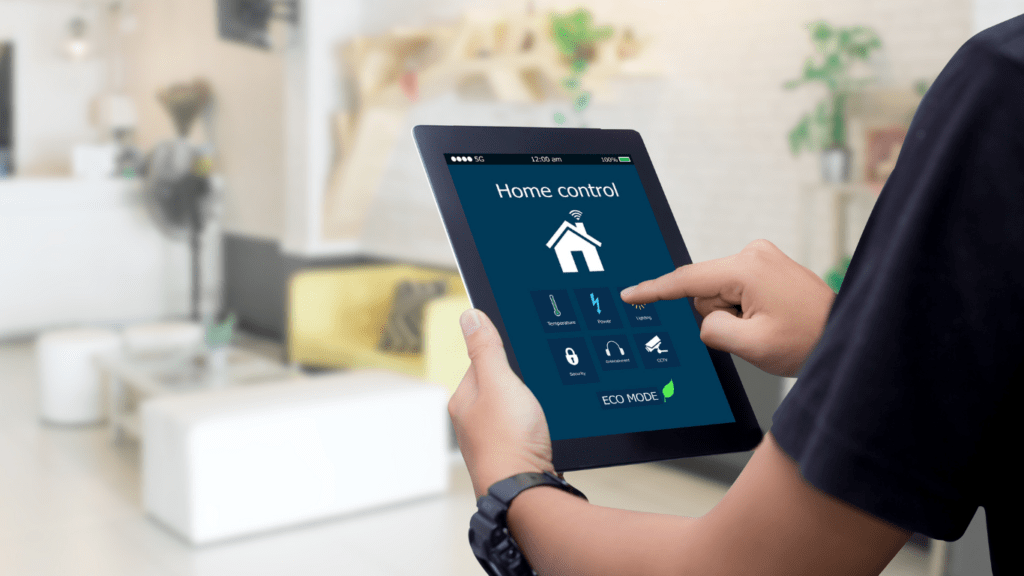
Smart Home Technology for a More Eco-Friendly Lifestyle: Save Energy and Live Sustainably
The Rise Of Smart Home Technology Advancements in smart home technology have transformed how homes operate. From automated systems to energy-efficient devices, these innovations address environmental concerns and reduce resource consumption. Smart devices like Wi-Fi-enabled thermostats, such as those from Ecobee or Nest, learn user preferences to optimize heating and cooling, saving energy. Lighting systems […]

